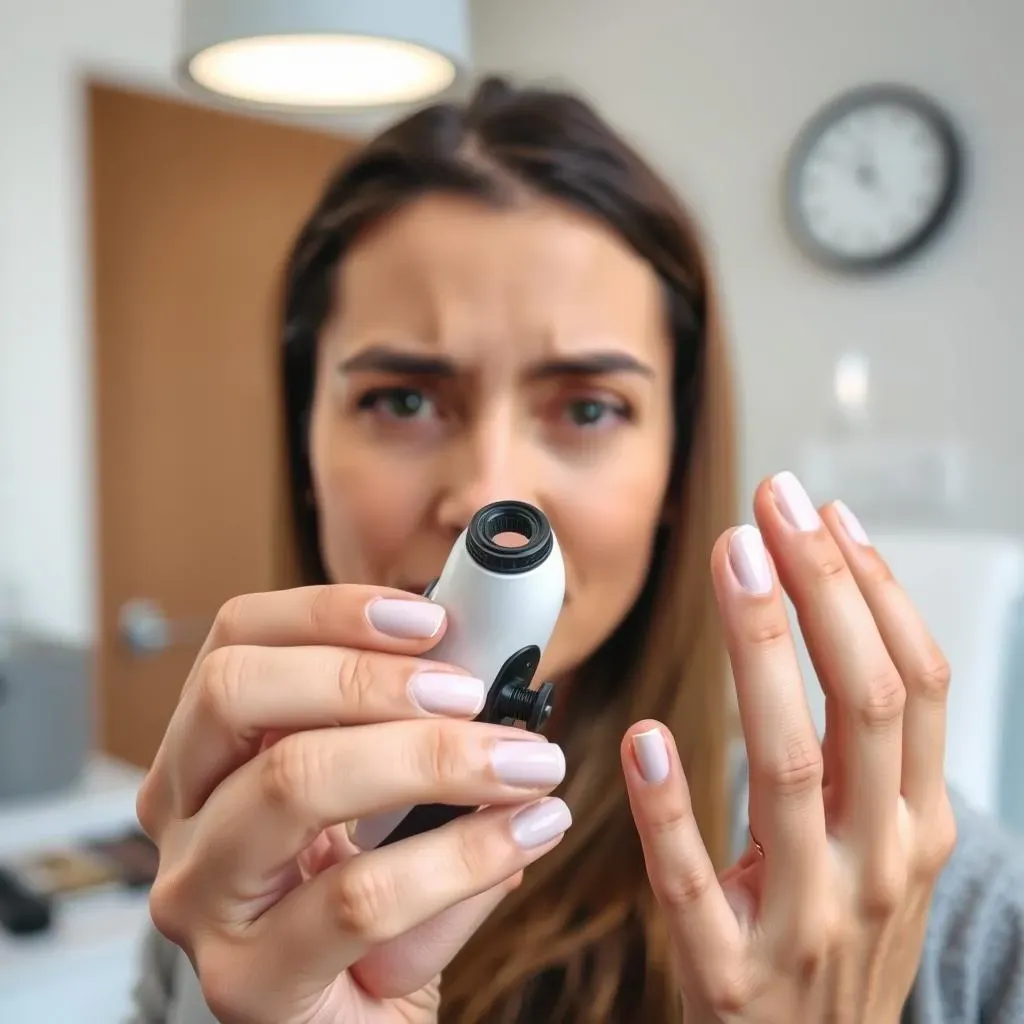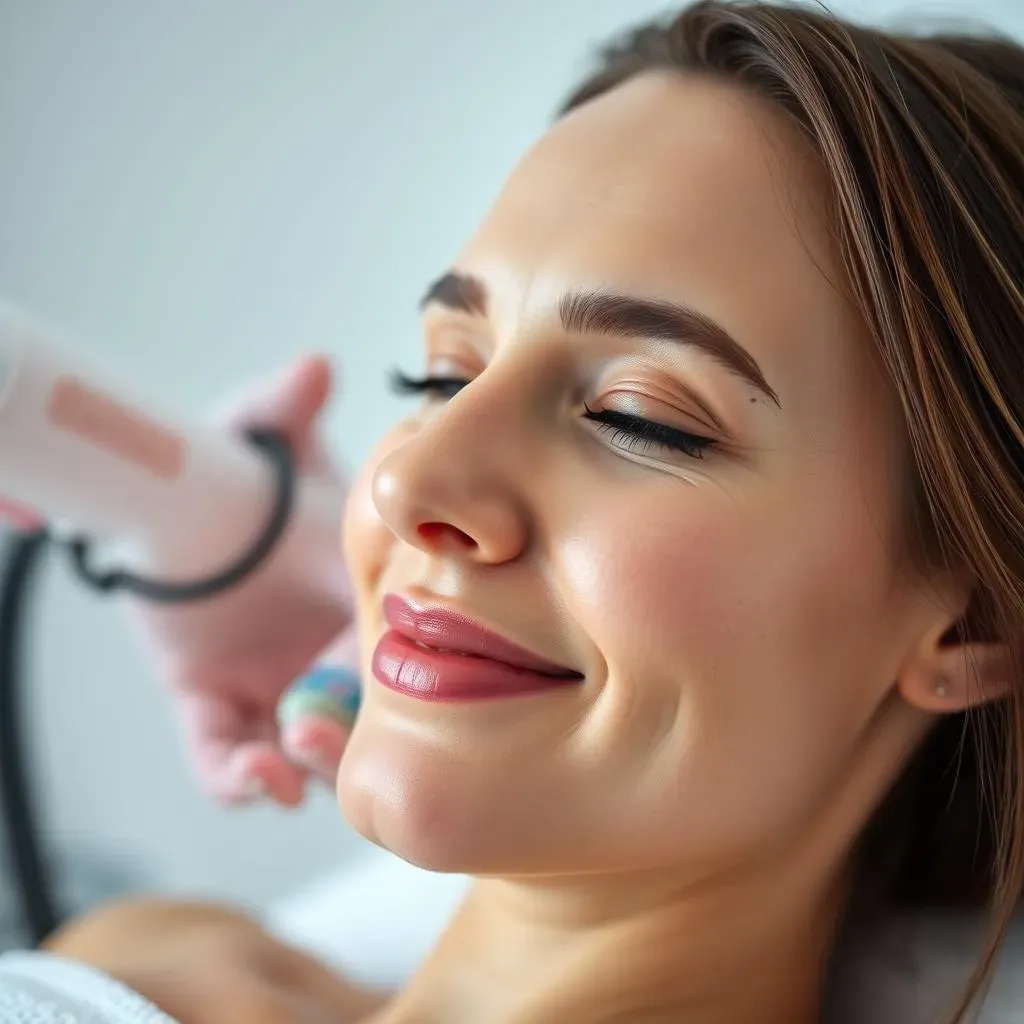Table of Contents
Are you tired of dealing with unwanted hair, but worried that traditional hair removal methods will irritate your sensitive skin? Look no further than sensitive skin laser hair removal, a revolutionary solution that is gentle, effective, and long-lasting. In this article, we will guide you through the process of sensitive skin laser hair removal, exploring the benefits, risks, and key considerations for achieving optimal results. Whether you're looking to remove unwanted hair from your face, body, or intimate areas, sensitive skin laser hair removal can help. We'll cover the essential topics, including understanding the process, choosing the right treatment, and maximizing results with proper aftercare. By the end of this article, you'll be equipped with the knowledge and confidence to take the first step towards silky, smooth skin with sensitive skin laser hair removal.
Sensitive Skin Laser Hair Removal: Understanding the Process

Sensitive Skin Laser Hair Removal: Understanding the Process
Sensitive skin laser hair removal is a popular and effective method for removing unwanted hair from the body, but it can be intimidating for those with sensitive skin. Understanding the process is crucial to ensuring a safe and successful treatment. The process begins with a consultation, where a qualified practitioner will assess the skin and hair type to determine the best course of treatment. They will also discuss any concerns or allergies, and provide guidance on how to prepare for the treatment. On the day of the treatment, the skin is cleaned and prepared, and a numbing cream may be applied to reduce any discomfort. The laser is then applied to the treatment area, targeting the hair follicles and heating them up to prevent future hair growth.
Step | Description | Importance |
|---|---|---|
Consultation | Assessing skin and hair type, discussing concerns and allergies | High |
Skin preparation | Cleaning and preparing the skin for treatment | Medium |
Laser application | Targeting hair follicles with the laser | High |
Choosing the Right Sensitive Skin Laser Hair Removal Treatment

Choosing the Right Sensitive Skin Laser Hair Removal Treatment
Choosing the right sensitive skin laser hair removal treatment is crucial to achieving optimal results and minimizing the risk of adverse reactions. With so many options available, it can be overwhelming to decide which treatment is best for your sensitive skin. To make an informed decision, it's essential to consider several factors, including the type of laser used, the experience of the practitioner, and the specific concerns and needs of your skin. For example, if you have very fair skin, you may require a different type of laser than someone with darker skin. Additionally, if you have a history of skin conditions such as rosacea or eczema, you may need to take extra precautions to ensure a safe and effective treatment.
Factors to Consider | Importance | Description |
|---|---|---|
Type of laser used | High | The type of laser used can significantly impact the effectiveness and safety of the treatment. |
Experience of the practitioner | High | A qualified and experienced practitioner can make a significant difference in the outcome of the treatment. |
Specific concerns and needs of your skin | Medium | Considering your individual skin concerns and needs can help tailor the treatment to achieve the best possible results. |
Maximizing Results with Sensitive Skin Laser Hair Removal Aftercare

Maximizing Results with Sensitive Skin Laser Hair Removal Aftercare
Understanding the Importance of Aftercare
Maximizing results with sensitive skin laser hair removal aftercare is crucial to achieving the best possible outcome. Proper aftercare can help reduce the risk of adverse reactions, promote healing, and enhance the overall effectiveness of the treatment. It's essential to follow the instructions provided by your practitioner carefully, as they will be tailored to your individual skin type and needs.
A good aftercare routine can make a significant difference in the outcome of the treatment. For example, keeping the treated area clean and moisturized can help prevent infection and promote healing. Additionally, avoiding direct sun exposure and using a broad-spectrum sunscreen can help prevent hyperpigmentation and other complications.
Aftercare Tip | Importance | Description |
|---|---|---|
Keep the treated area clean | High | Prevents infection and promotes healing |
Moisturize the treated area | Medium | Helps prevent dryness and irritation |
Avoid direct sun exposure | High | Prevents hyperpigmentation and other complications |
Implementing a Effective Aftercare Routine
Implementing an effective aftercare routine can be challenging, but with the right guidance, it can be easy. A good aftercare routine should include a combination of topical creams, sunscreen, and lifestyle changes. For example, using a topical cream that contains aloe vera or hydrocortisone can help soothe and calm the skin, while using a broad-spectrum sunscreen can help prevent hyperpigmentation.
It's also essential to make lifestyle changes to promote healing and reduce the risk of complications. For example, avoiding strenuous exercise, hot showers, and tight clothing can help reduce the risk of irritation and promote healing. Additionally, eating a healthy diet rich in fruits, vegetables, and whole grains can help promote healing and reduce the risk of complications.
- Use topical creams to soothe and calm the skin
- Use broad-spectrum sunscreen to prevent hyperpigmentation
- Avoid strenuous exercise, hot showers, and tight clothing
- Eat a healthy diet rich in fruits, vegetables, and whole grains
Maintaining Results Over Time
Maintaining results over time requires ongoing care and attention. It's essential to continue using sunscreen, moisturizer, and other topical creams to promote healing and reduce the risk of complications. Additionally, avoiding direct sun exposure, wearing protective clothing, and seeking shade when outdoors can help prevent hyperpigmentation and other complications.
It's also essential to schedule follow-up appointments with your practitioner to monitor progress and address any concerns or questions. By following these tips and maintaining a good aftercare routine, you can help maximize results with sensitive skin laser hair removal and achieve the smooth, silky skin you desire.
Maintenance Tip | Importance | Description |
|---|---|---|
Continue using sunscreen and moisturizer | High | Helps prevent hyperpigmentation and promotes healing |
Avoid direct sun exposure | High | Prevents hyperpigmentation and other complications |
Schedule follow-up appointments | Medium | Helps monitor progress and address concerns or questions |
